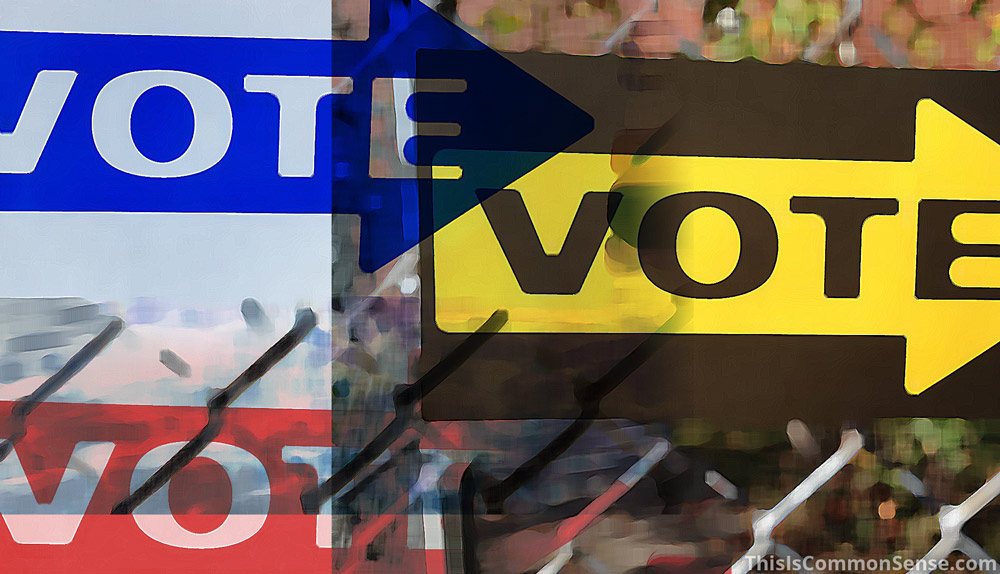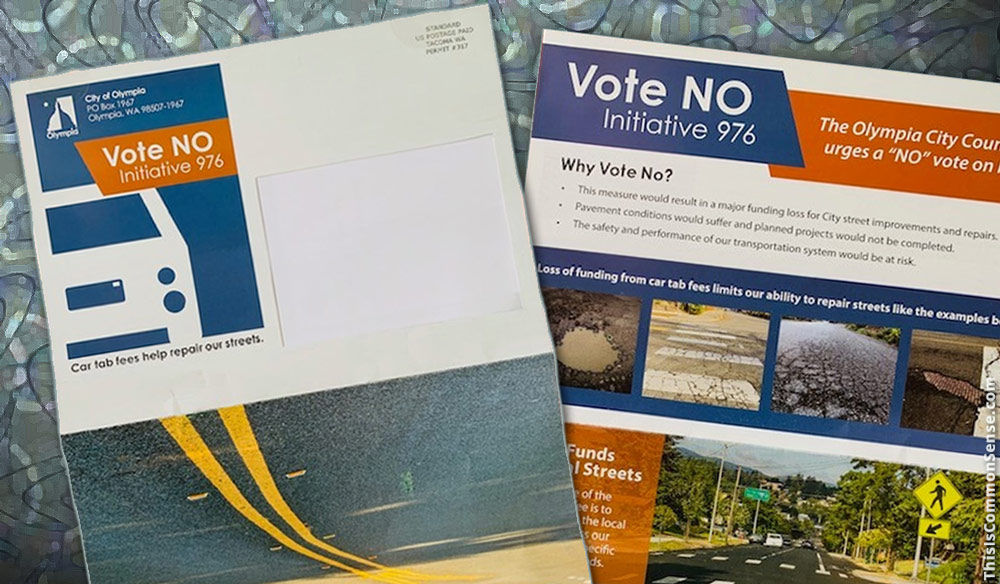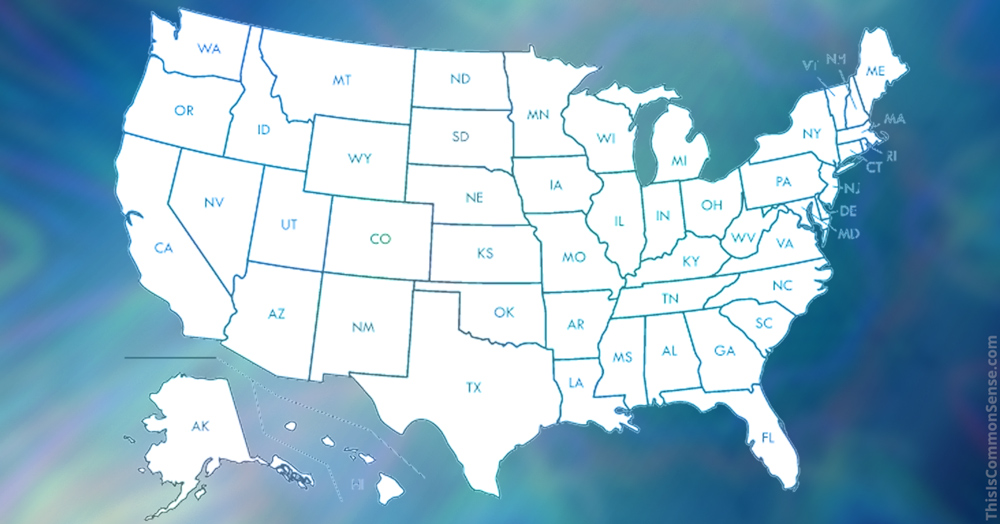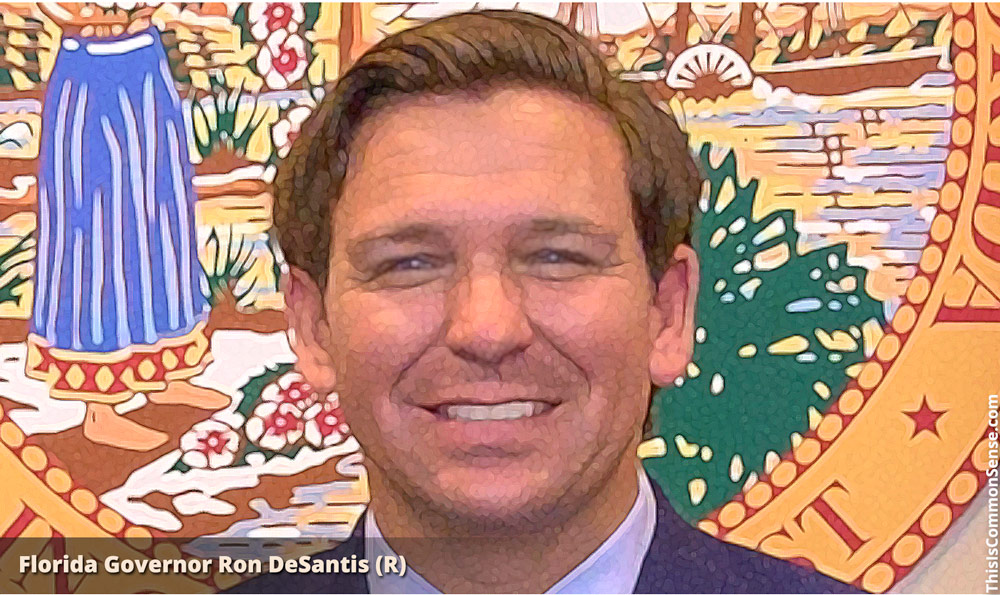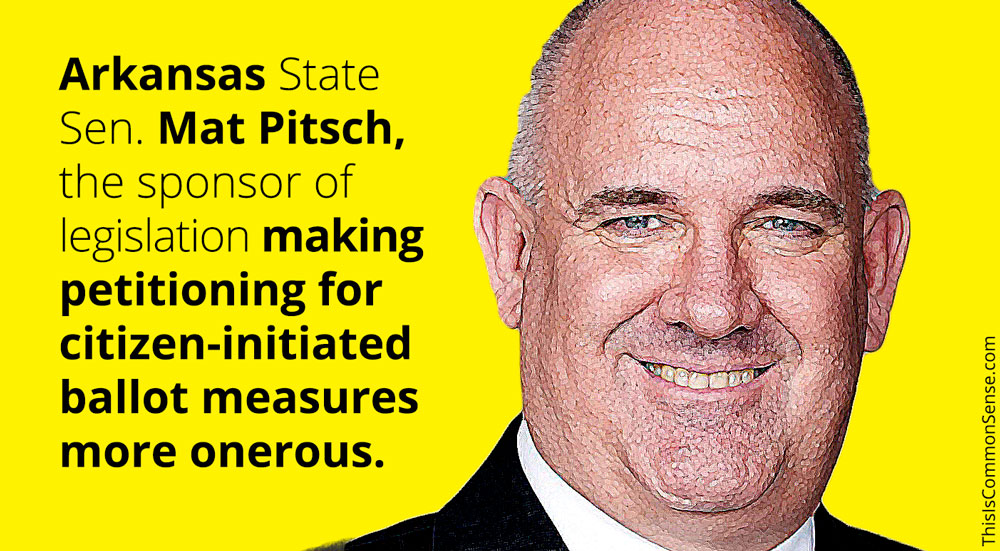Tim Eyman strikes again.
In deep blue Washington State, the ballot measure activist celebrated another Election Day victory last week with Initiative 976, limiting vehicle taxes. Not to mention Referendum 88, whereby voters kept a ban on government use of racial preferences, enacted via an initiative Eyman had co-authored two decades ago.
And still, there were a dozen more issues on last Tuesday’s statewide ballot thanks to Mr. Eyman’s 2007 initiative, I‑960, which mandates “advisory votes on taxes enacted without voter approval.” (Also thanks to state legislators, I guess, for racking up 12 new tax increases this year without bothering to ask voters!)
Yet, perhaps it matters not at all. Nearly two million votes cast on each of these measures? Three supported by a majority? Nine rejected? Two esteemed Evergreen State newspaper columnists pooh-pooh them as “meaningless.”
“The Legislature has never taken the voters’ advice when they say a tax should be repealed,” writes Spokane Spokesman Review columnist Jim Camden.
That’s a failing of the Legislature, Jim,* not these advisory measures … which you seem to acknowledge when you write that these votes at least “provide a good control group for any experiment on the voters’ knee jerk reaction to higher taxes.”
If legislators cared to know.
While dumping on the dozen measures as “an empty remnant of an earlier initiative,” The Columbian’s Greg Jayne notices that “their presence on the ballot this year reminded voters, over and over again, of the Legislature’s spendthrift ways.”
Helping create an anti-tax mood that spurred support for I‑976.
Not bad for being meaningless.
This is Common Sense. I’m Paul Jacob.
* I use his first name because I know Mr. Camden from decades ago when he was a reporter covering House Speaker Tom Foley, who after suing to overturn the 1992 citizen initiative for term limits became the only Speaker defeated for reelection since the Civil War.

See all recent commentary
(simplified and organized)
See recent popular posts

